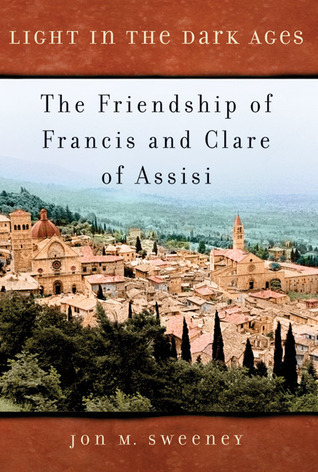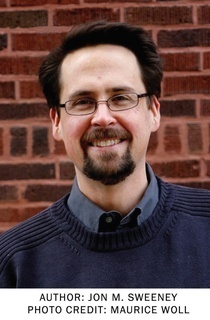
The Middle Ages were not so very dark, as the old textbooks say. As you will discover in this intriguing portrait of the first Franciscans, we live in dark ages whenever we become preoccupied with power. In this popular history, Jon Sweeney reveals the timeless temptations that come with being human—-greed, competition, ego, and selfishness—-as well as the many ways that Francis and Clare of Assisi inspired change and brought light into darkness. Discover how Francis was first found by God and then joined by Clare despite the violent objections of her family. Explore a variety of issues that they faced, including the treatment of lepers in medieval society, corruption in the Church, and attitudes toward the created world. You will also learn how Clare's spirituality influenced that of other prominent women, how St. Francis lost control of his own movement, and why Francis' body was secretly buried upon his death. The examples of early Franciscan spirituality challenge any of us who would follow Christ today. How would we view a young person today who rejected family for spiritual reasons? Is it possible for men and women to have deep friendship and remain true to a call to chastity? Is intentional poverty of any value? Have we sentimentalized family to the point of ignoring what Jesus taught his disciples on the subject? Visit Jon Sweeney's blog at .
Author

Jon M. Sweeney is an independent scholar and writer of popular history. He is married, the father of three, and lives in Montpelier, Vermont. He has worked in book publishing for 25 years: after co-founding SkyLight Paths Publishing, he was the editor in chief and publisher at Paraclete Press, and in August 2015 became editorial director at Franciscan Media Books. He has written more than 20 books, seven about Francis of Assisi, including "When Saint Francis Saved the Church" and "The Complete Francis of Assisi." HBO has optioned the film rights to "The Pope Who Quit." Jon's first 20 years were spent as an involved evangelical (a story told in the memoir "Born Again and Again"); he then spent 22 years as an active Episcopalian (see "Almost Catholic," among others); and on the feast day of St. Francis of Assisi in 2009 he was received into the Catholic Church. Today, Jon is a practicing Catholic who also prays regularly with his wife, a rabbi. He loves the church, the synagogue, and other aspects of organized religion. He would never say that he's "spiritual but not religious." In all of his writing, Jon is drawn to the ancient and medieval (see "The Road to Assisi," and "Inventing Hell"). Many of his books have been selections of the History Book Club, Book-of-the-Month Club, and Quality Paperback Book Club.